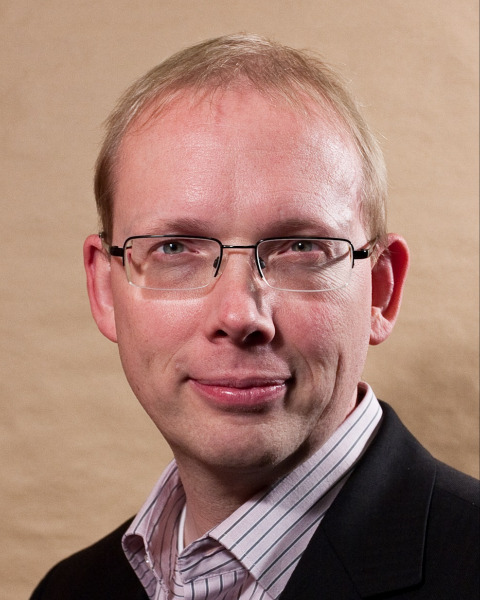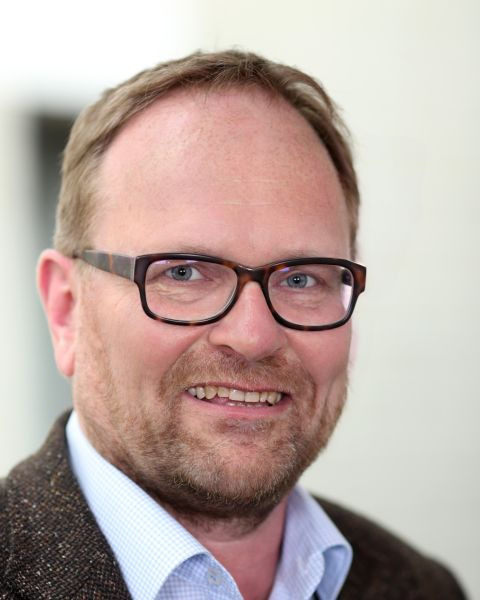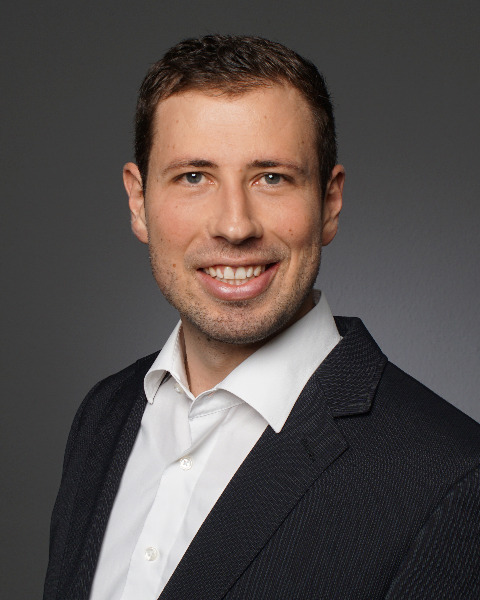Amplification and Assistive Devices (AAD)
(PP310) Evaluation of Fatigue Change with Hearing Aid Provision
- ML
Matthias Latzel
Senior Expert
Sonova AG
Staefa, Zurich, Switzerland 
Michael Schulte
Project leader Audiology
Hörzentrum Oldenburg gGmbH
Oldenburg, Niedersachsen, Germany
Markus Wilhelm Meis
Head of Marketing & Innovation
Hörzentrum Oldenburg gGmbH
Oldenburg, Niedersachsen, Germany- JH
- BM
Bojana Mirkovic
Researcher
University Oldenburg 
Max Blümer
Research Audiologist
University Medical Center Hamburg Eppendorf
Lead Presenter(s)
Contributor(s)
Listening effort, over time, may lead to mental fatigue, defined as a decrease in cognitive performance due to sustained mental effort. This poster showcases an investigations with the research question: “Does the provision of hearing aids reduce mental fatigue? For this 20 participants underwent two “time-compressed acoustic days” (unaided and aided) during which they undertook various listening tasks. The results demonstrate a clear reduction of the listening effort and fatigue in the aided condition especially the processing speed to execute a concentration test is much faster when using hearing aids. These findings suggest that wearing hearing aids can reduce fatigue.
Summary:
Introduction: An increased listening effort, equivalent with an increased cognitive load, accumulates to higher fatigue. So listening effort can be interpreted as a fatigue dose. Several studies could prove that hearing aids help to reduce listening effort . A study comparing impaired listeners with and without hearing aids could show increased listening effort lead to more fatigue. The poster will describe a study conducted at the Hörzentrum Oldenburg with modern hearing aids with the results of this study being an anchor.
The Research Goal was to show that modern hearing aids are able to reduce fatigue due to amplification also in addition to features like directional microphone, noise reduction and accessories.
Method: Study participants, consisting of 20 experienced hearing aid users with a mild to moderate hearing, were fitted with modern hearing aids. Participants underwent two “time-compressed acoustic days” one day unaided, and another day aided. During each “acoustic day” they undertook various listening tasks over a 2,5 hour time period to simulate a typical day with expected acoustical challenges. Performance on each task was measured, and in between each task, participants were also asked to make a subjective rating of the level of effort and mental fatigue required. Additionally the compressed acoustical day is framed by measuring the attention and concentration ability.
Results: Over the course of the time-compressed acoustic day, participant ratings of both concentration and subsequent fatigue increased in both the aided and unaided condition. However, both concentration and fatigue ratings were significantly lower in the aided condition, consistent with the findings of previous studies showing hearing aids and their advanced features can reduce listening effort. The impact of technology on both objective performance and subjective ratings of listening effort were well demonstrated by one of the tasks which results revealed significantly faster reaction times (RTs)s and improved accuracy when using hearing aids in combination with an accessory versus the unaided condition. These findings suggest the hearing aids reduced the listening effort required for the task, which, in turn, is also reflected in lower concentration and subsequent fatigue ratings after the task has been conducted.
As pointed out above the current study also utilized a non-auditory measure of concentration and attention ability. This was undertaken before and after the time-compressed acoustic day. Results showed that amplification leads to significantly faster higher processing speed at the end of the day compared to an unaided situation. This suggests that at the end of the time-compressed acoustic day, hearing aid use reduced fatigue, allowing greater cognitive resource to be available for the concentration test.
Conclusion: The results of the present study demonstrate that subjects have poorer performance both objectively and subjectively when unaided. This suggests that when there is less ‘effortful’ listening, there is less opportunity cost, in the form of energy reserves, and consequently less reported fatigue. The overarching goal as audiologists is to improve the overall well-being of hearing aid wearers to ensure that they can maintain meaningful interactions with those around them.
Learning Objectives:
- Participants will be able to describe the benefits of hearing aids to reduces mental fatigue, particularly they will get to know some paradigms used to simulate the “compressed acoustic day”
